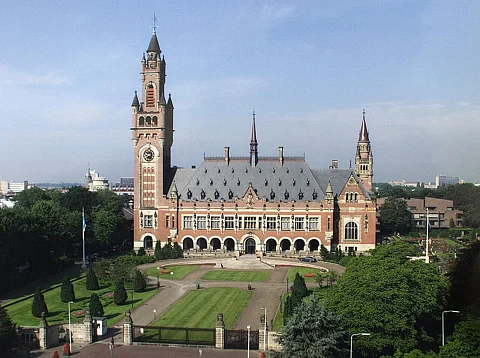

The United Nations’ top court has ruled that three disputed islands in the oil-rich Gulf of Guinea belong to Equatorial Guinea, ending a decades-long territorial dispute with neighboring Gabon.
The International Court of Justice (ICJ) on Monday dismissed Gabon’s claim to the uninhabited islands—Mbanié, Conga, and Cocoteros—and upheld Equatorial Guinea’s sovereignty based on a 1900 colonial-era treaty. The ruling is final and binding.
The two Central African nations have contested the islands since the 1970s, when Gabonese forces expelled Equatorial Guinean troops from Mbanié, the largest of the three isles. Tensions resurfaced in the early 2000s as exploration revealed potential offshore oil reserves.
Gabon argued that a 1974 agreement, the Bata Convention, transferred sovereignty of the islands. However, the ICJ rejected this claim, citing the absence of an original treaty document and noting that no evidence supported its validity for decades.
"The title with legal force is the 1900 treaty, under which Spain held sovereignty before transferring it to Equatorial Guinea upon independence in 1968," the court stated.
Gabon must now withdraw its military presence from Mbanié. A spokesperson for Gabon’s presidency acknowledged the ruling, telling AFP that the two nations must negotiate a way forward.
"Gabon and Equatorial Guinea must coexist," said Guy Rossatanga-Rignault. "We will need to discuss how to resolve these issues."
Both countries are oil producers but have faced declining output due to aging infrastructure and limited investment. The ruling clarifies maritime boundaries, potentially unlocking new exploration opportunities.
The case, mediated by the UN since 2016, underscores the challenges of post-colonial border disputes in resource-rich regions. Despite the legal resolution, cooperation between the neighbors will be key to maintaining stability in the Gulf of Guinea.